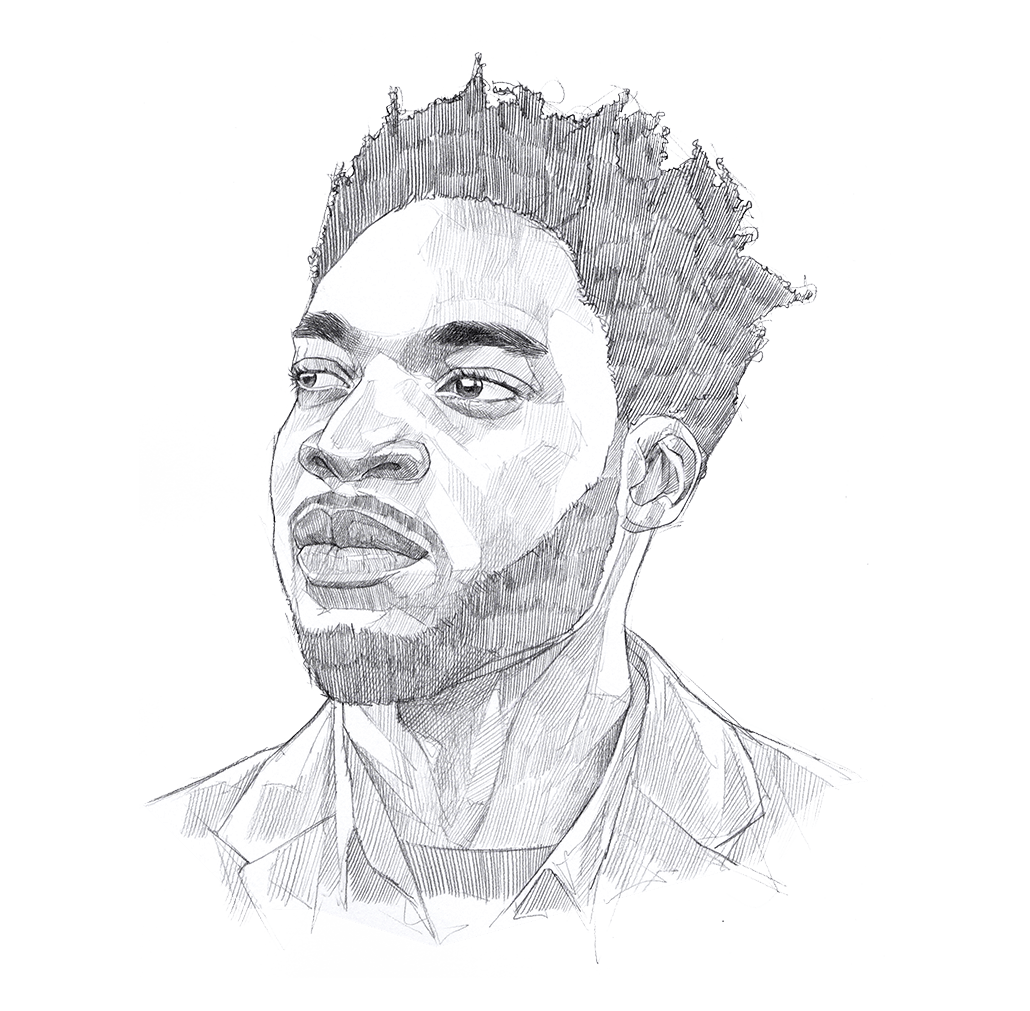Someone who looks like me – that will go a long way
Participant 1: I think, at the very least, you know, cultural sensitivity training should be a requirement. But, even more specifically, if I understand your question correctly, the setting that I would be most comfortable with [...] would be explaining it to somebody who looks like me! You know, if I had a report to make, cultural sensitivity training only goes so far. But, I mean, back to what the previous participant mentioned- you walk into a room full of white people, and you're not going to be comfortable. Um, well, you're not going to leave comfortable, thinking that they understood the situation from your perspective. Because no matter what sort of training, or level of, you know, empathy and understanding they have, they’ll never feel that way- they'll never understand your perspective just as much as you'll never understand theirs. So, I think first and foremost, it's just letting people know. If African Nova Scotians, um, more specifically males, had the assurance that they'd have the ability to maybe speak to someone who looks like them or they had a designated caseworker or whatever. [...]
Participant 2: Just like the last participant said, someone that looks like me - that will go a long way. You know, just as soon as I see them, I feel like, you know, a weight has kind of been lifted off me. I'm not, I don't have to try to explain my story to someone who doesn't look like me who might not really get the things that you can't put into words.
Recommendations
-
Create an inter-university and college roster of peer supporters and educators that includes international and domestic student leaders across genders.
-
Sign on with a service such as KeepMe.Safe, which connects students with mental health professionals from cultures around the world and promote this service as part of university SV/SA service provision.
-
When responding to a disclosure or report of sexual violence involving racially or ethnically marginalized students, provide these students with the choice to work with someone who shares their cultural or racial identity or someone who does not.
-
Engage in activities to develop anti-racism as it pertains to sexual violence prevention and response. Apply anti-racist practices in these areas.
-
Engage in activities to develop cultural responsiveness as it pertains to sexual violence prevention and response. Apply culturally responsive practices in these areas.
-
Ensure all sexual violence prevention and response education and training opportunities actively deconstruct victim-blaming, rape myths and gender norms. Ensure these sessions take an intersectional approach to understanding sexual violence and supporting victim/survivors.
-
Offer fictionalized but representative examples of how disclosures and reports to the university have been handled.

